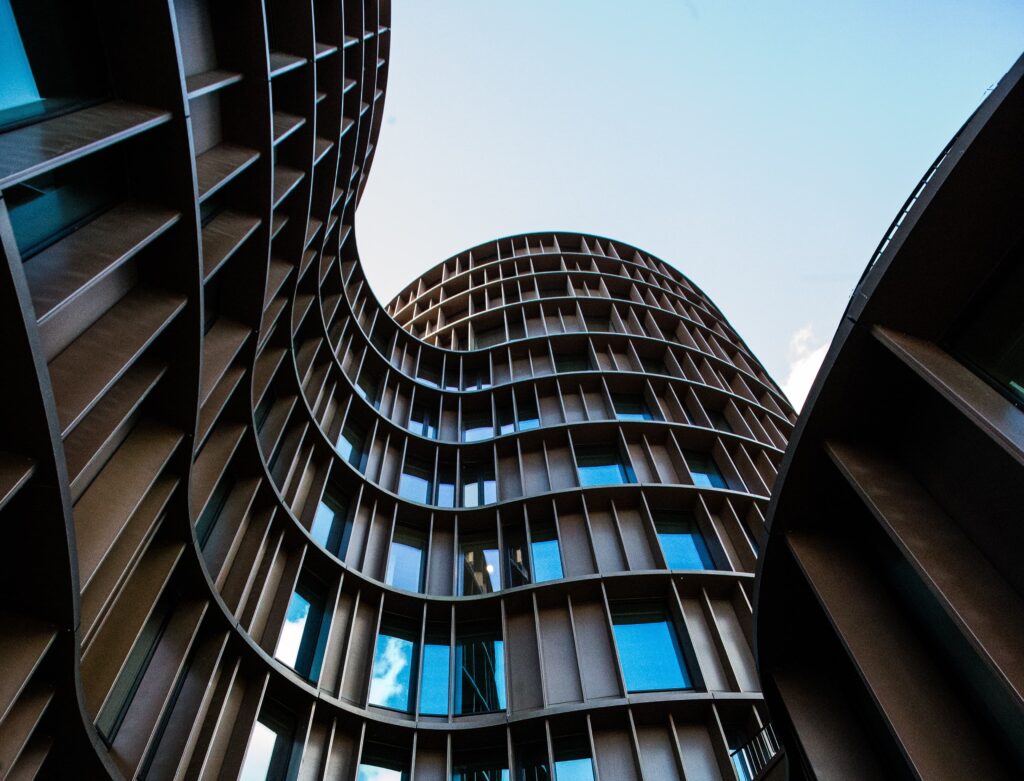Study explores AI’s role in future-proofing buildings
A modular AI framework aims to make buildings more resilient to future health and climate challenges.

AI could help design buildings that are resilient to both climate extremes and infectious disease threats, according to new research. The study, conducted in collaboration with Charles Darwin University, examines the application of AI in smart buildings, with a focus on energy efficiency and management.
Buildings account for over two-thirds of global carbon emissions and energy consumption, but reducing consumption remains challenging and costly. The study highlights how AI can enhance ventilation and thermal comfort, overcoming the limitations of static HVAC systems that impact sustainability and health.
Researchers propose adaptive thermal control systems that respond in real-time to occupancy, outdoor conditions, and internal heat. Machine learning can optimise temperature and airflow to balance comfort, energy efficiency, and infection control.
A new framework enables designers and facility managers to simulate thermal scenarios and assess their impact on the risk of airborne transmission. It is modular and adaptable to different building types, offering a quantitative basis for future regulatory standards.
The study was conducted with lead author Mohammadreza Haghighat from the University of Tehran and CDU’s Ehsan Mohammadi Savadkoohi. Future work will integrate real-time sensor data to strengthen building resilience against future climate and health threats.
Would you like to learn more about AI, tech, and digital diplomacy? If so, ask our Diplo chatbot!
